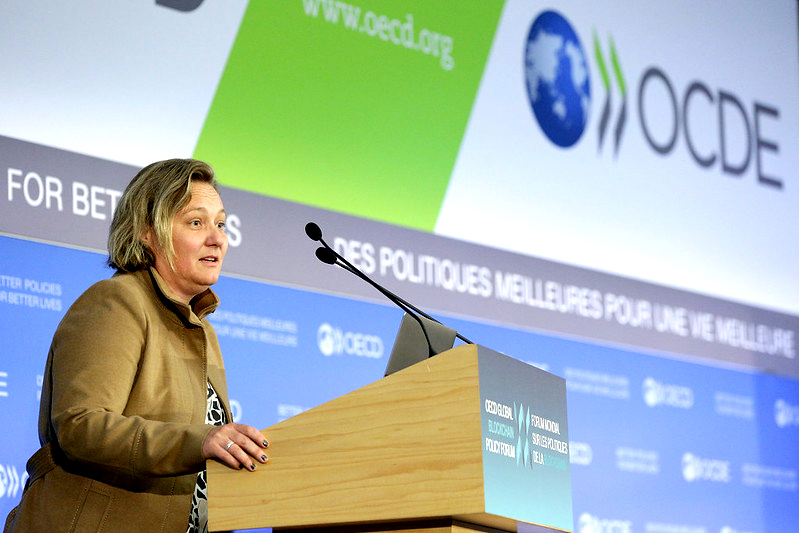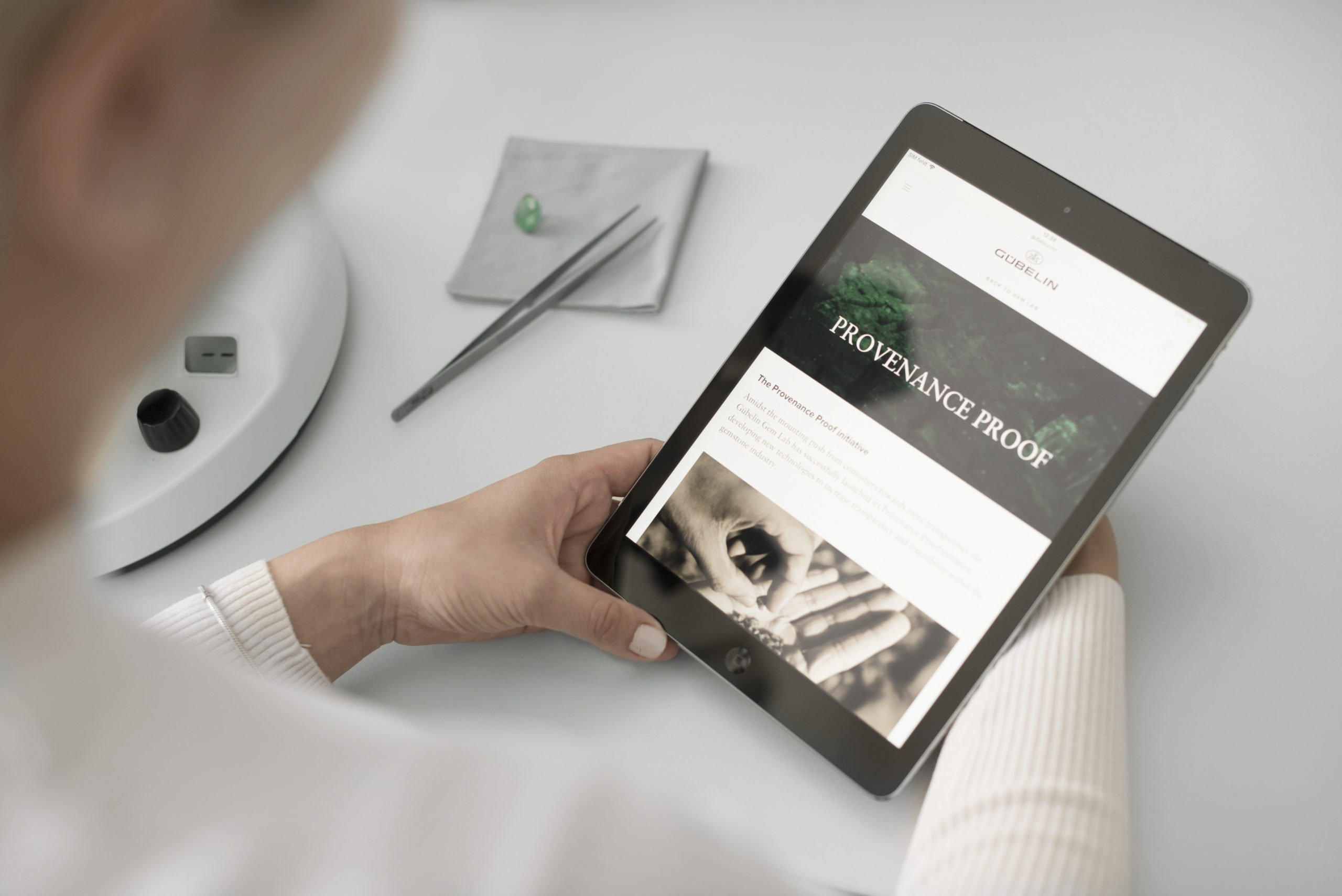23 Jan 2020
BY LEANNE KEMP // Founder & CEO
Everledger is helping the US Department of Energy and Ford to foster the circular economy, by promoting responsible re-use and recycling of electric vehicle and lithium-ion batteries. CEO Leanne Kemp gives the back story.
In recent years, the negative press around batteries and their reliance on trace metals has caused many to question whether they are in fact worse in sustainability terms than the fossil fuels they seek to replace. You don’t need to look hard on Twitter to find posts saying that electric car batteries will be worse for the planet than current gas guzzlers. Fortunately, there are many forward-thinking business leaders who recognise this simply isn’t true.
When batteries are sourced, manufactured and recycled responsibly, they will power sustainable development. By 2030, it is estimated there will be over 18 million electric vehicles. Battery technology could enable the transport and power sectors to reduce emissions by 30% by 2030, on track to meet the 2°C goal of Paris Agreement. According to the World Economic Forum, this battery revolution could also create 10 million jobs, add $150 billion to the global economy and provide electricity to 600 million people for the first time. What’s not to like?
As such, the battery value chain provides a fascinating test case for the supportive environment that’s needed in the circular economy. Rapidly falling technology costs are creating major opportunities to reduce waste. For example, blockchain and IoT can keep track of valuable products and materials much more cheaply than in the past, radically increasing opportunities to recover them.
Since 2017, Everledger has committed to supporting the Global Battery Alliance, with a view to raising ever more awareness around the challenges and opportunities of a sustainable battery value chain. By establishing traceability throughout the lifecycle of high-risk products, our solutions help to support reuse and responsible recycling of materials, from portable electronics batteries and metal components to electric vehicle batteries (read more on blockchain battery recycling).
We have been awarded Phase 1 funding by the United States Department of Energy for two pilot programmes to trace the lifecycle of lithium-ion batteries using blockchain and Internet of Things (IoT) technologies. The first pilot is a collaboration with Ford Motor Company, connecting stakeholders in its electric vehicle (EV) battery lifecycle to ensure optimal management and responsible recovery at end-of-life. The second pilot focuses on a platform to inform and reward consumers for recycling portable lithium-ion batteries and the portable electronics they power.
These two pilot programmes will work toward sustainable objectives, by ensuring EV and portable electronics batteries can be tracked for efficient lifecycle management. Both will utilise the latest identification, data capture and blockchain technologies to give batteries a bespoke digital identity (or ‘battery passport’). Through intelligent labelling solutions, physical objects will be seamlessly connected with the Everledger blockchain platform, enabling higher security, record immutability and privacy. Stakeholders can gain full visibility over a battery’s location, condition, health score, and which metals could be recycled for use in new batteries.
The collaboration with Ford Motor Company will see batteries traced from the moment of manufacture. This joined-up thinking will allow critical lifecycle data to be exchanged between stakeholders, creating a circular system whereby more elements are re-used, generate less waste, and increase protection from leakage of metals into the environment.
Meanwhile, in New Zealand, Everledger is an advisor to the New Zealand Battery Industry Group (B.I.G.) regarding traceability and supply chain transparency for lithium-ion batteries. We’ve been working with B.I.G. to develop a circular product stewardship scheme for EV batteries, enabling the ability for them to be repurposed for energy storage. EV batteries may have around 70% to 80% of their capacity remaining when they reach the end of their useful life in a vehicle at about 10 years and can be repurposed for energy storage, extending life for another 10-15 years.
The time for circular economy is now. Adaptation is not only the right thing to do, it is the smart thing to do as it generates economic, social and environmental benefits. With every new initiative focused on the responsible recycling and re-use of natural resources, we stride closer to achieving a more thorough and permeating circular economy.










